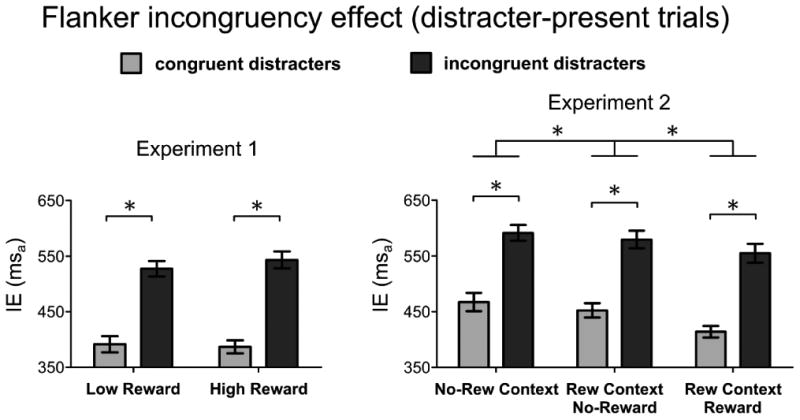Figure 3. Results of the flanker incongruency effect analysis.

Average inverse efficiency values (IE) and standard errors of the mean in the two experiments, for the comparison of the behavioral responses on distracter-present trials that presented congruent distracter stimuli (light gray bars) versus incongruent distracter stimuli (dark gray bars). Results are showed separately for each one of the reward-related conditions within each experiment. In both experiments, congruent trials elicited better performance overall compared to incongruent trials. The magnitude of the incongruency effect was not modulated by the reward condition in either experiment. In Experiment 2, however, no-reward trials (congruent and incongruent together) of the reward-context had better performance compared to the same trials in the no-reward context, and reward trials (congruent and incongruent together) had better performance compared to the no-reward trials (congruent and incongruent together) of both the reward-context and the no-reward context.
